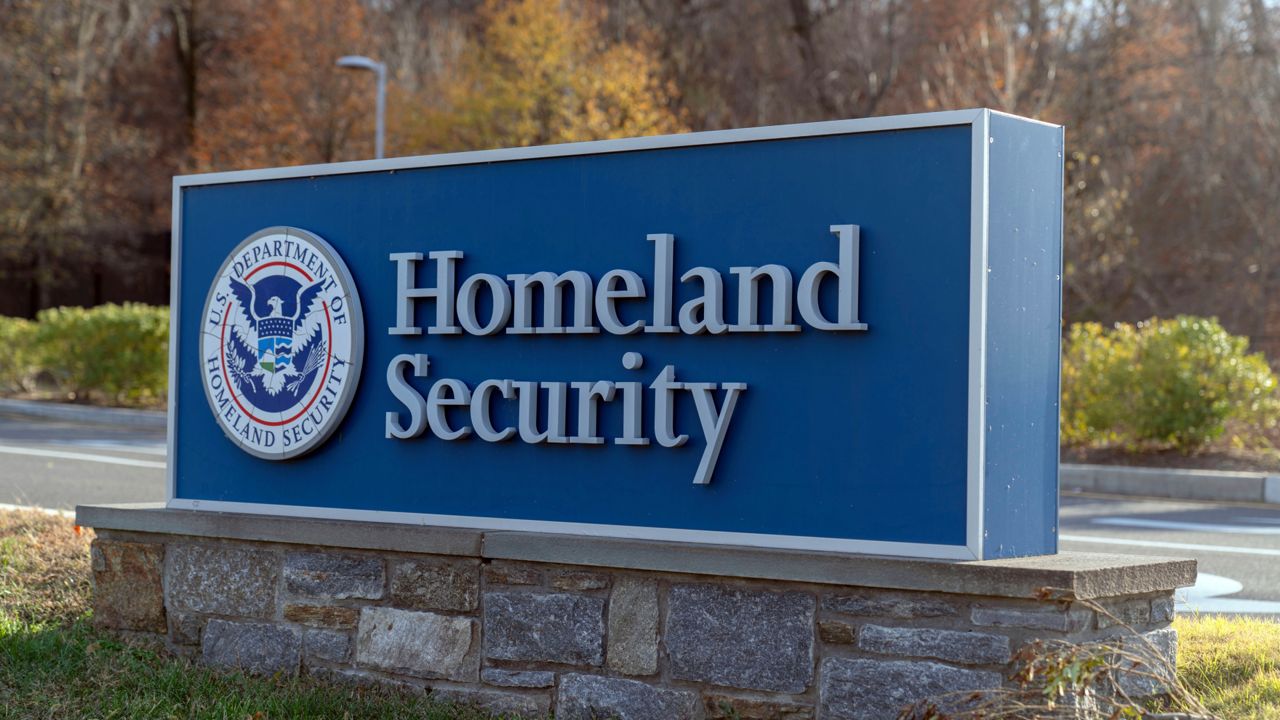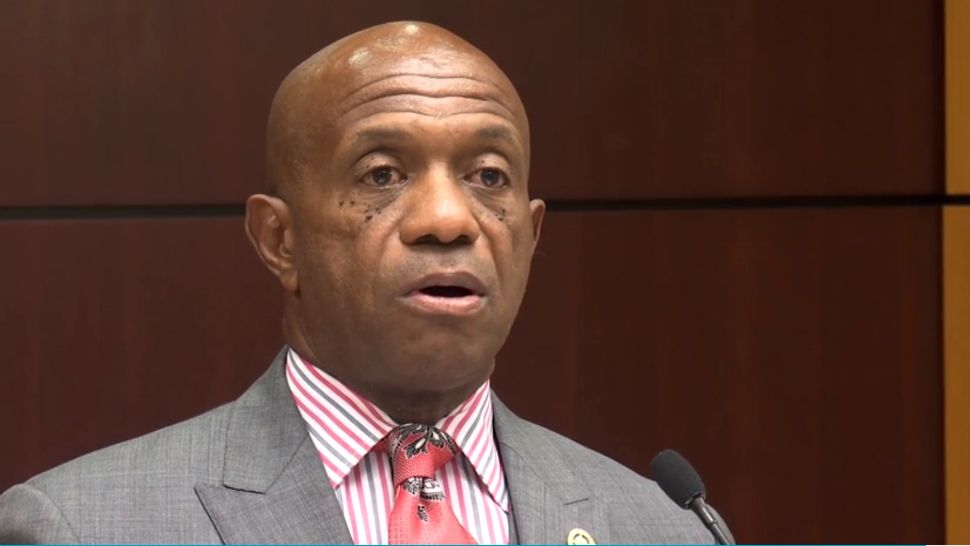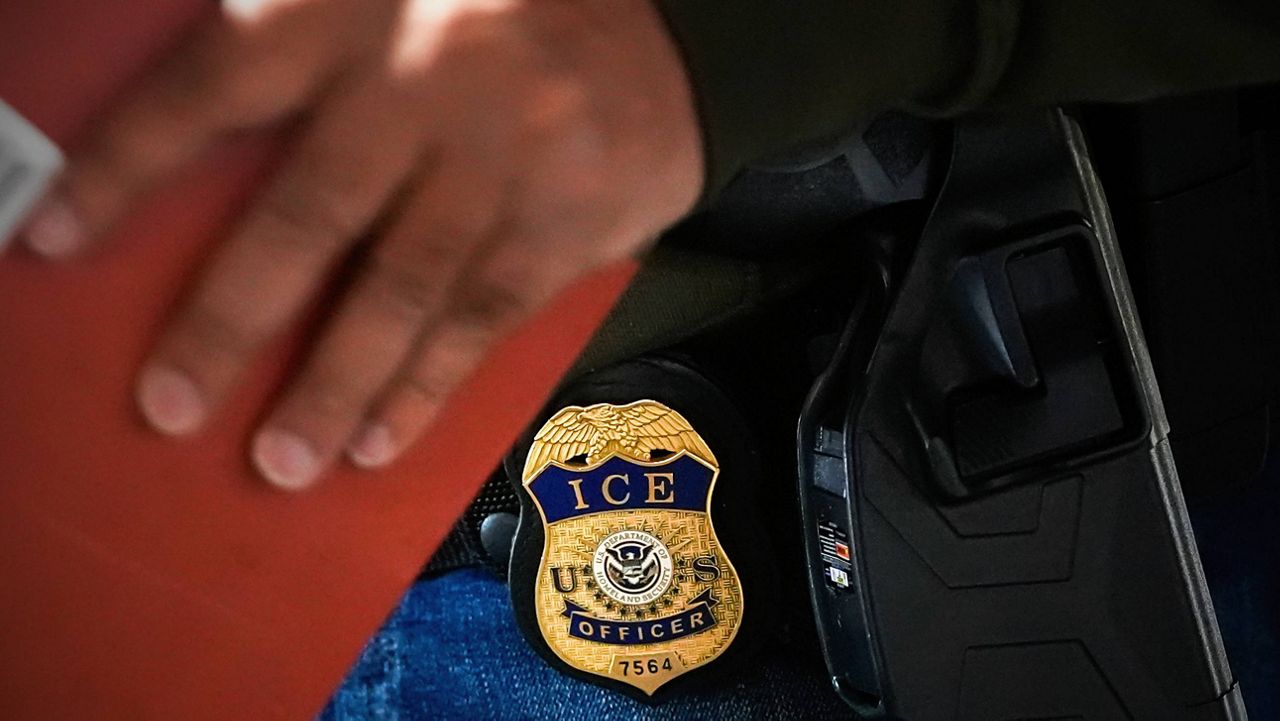CHARLOTTE, N.C. — Deacon Daren Bitter of St. Matthew Catholic Church in Charlotte reads a message from Carolle — a Haitian immigrant using a pseudonym — who will lose her temporary legal status Aug. 3.
“She writes, 'When I entered the USA, in April of [20]24, I felt like God had saved me from hell,'” Bitter said. “'We have lost everything we owned. Bandits took our house. Now I am the one working to send money to my mother in Haiti to pay for the house. If I return to Haiti, I will sleep on the streets.'”
Bitter met Carolle while they were both volunteering at the Missionaries of the Poor in Cap-Haitien, Haiti — feeding Haitians who are mentally and physically disabled or living with HIV. Last year she left the country now taken over by gangs and moved to Florida under temporary protected status (TPS). She has since earned degrees in English and nursing.
“In my mind maybe I deceived myself to think she has a safe landing spot and she doesn’t,” Bitter said.
Secretary of Homeland Security Kristi Noem announced Friday that she’s terminating TPS for Haitians next month. TPS is for immigrants whose home countries are experiencing a natural disaster or an ongoing conflict.
In a Department of Homeland Security press release Friday, a spokesperson wrote, “The environmental situation in Haiti has improved enough that it is safe for Haitian citizens to return home.”
Under the Biden administration, these protections were originally slated to expire in February 2026.
This comes just days after the U.S. embassy in Haiti warned all Americans to leave the country. “Depart Haiti as soon as possible by commercial or other privately available transportation options,” the embassy said on its website.
Bitter says removing TPS would send 500,000 Haitians into the same environment the U.S. embassy is warning Americans against.
“There’s 11 (million) to 12 million people in the country. And half of them are starving, let alone the violence,” he said.
Steve Favory has seen starvation up close for more than two decades as a leader of the Monsignor McSweeney World Hunger Drive. He ships tens of thousands of pounds of food to Cap-Haitien every year, an act of support now complicated by skyrocketing Haitian duties.
“Somebody high up in customs has now put a ransom on the shipment and they want $45,000 per shipment,” Favory said.
He says in the past, the highest they’ve paid to get food into the country is $3,000. But gangs taking over Port-au-Prince last year has made it much harder to send food. Their last shipment has been stuck at the Cap-Haitien port since November.
“The government officials — we’re assuming — could not make any money or extort any funds, because the shipping in Port-au-Prince is pretty much shut down,” Favory said.
As for Carolle, Bitter says she now has a nursing degree that she may not be able to use.
“She received two job offers — interviewed immediately after graduation and received two offers — and she says, quite candidly, I can’t accept them,” Bitter said.
Bitter says he’s working to help her find alternative countries to move to so that she doesn’t have to go back to Haiti — where she’s in fear for her life.
As for the food drive, Favory says instead of shipping more food to Haiti, they plan to raise more money to send directly to the Missionaries of the Poor, which is currently out of food. They’re doing this so they can buy food locally, which is much more expensive than it is here in the U.S.
But unfortunately, he says that’s the only option right now.
They’re hoping to raise $400,000 this year. Their fundraiser starts July 12 and runs through Aug. 16.
You can donate here.










